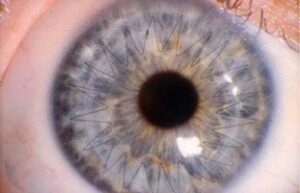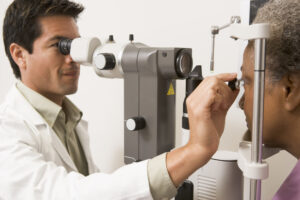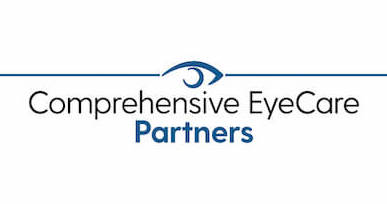Keratoconus is an eye disease that occurs when the usually dome-shaped, round cornea becomes weaker over time. This makes the cornea thinner and an irregular shape, interfering with your eye’s ability to focus properly.
The abnormal curvature causes scar tissue and leads to the further deterioration of your vision.
Corneal cross-linking (CXL) is an FDA-approved, minimally invasive outpatient procedure. CXL involves the use of UVA (Ultra-Violet A) light and prescription eye drops to treat progressive keratoconus.
This treatment helps to stabilize the cornea to halt further progression. For patients with keratoconus, this is one of the best treatment options available.
The doctors at SEC have extensive experience managing keratoconus.
Who is the Right Candidate for Corneal Cross-Linking?
Ideal candidates for corneal cross-linking have mild or moderate keratoconus. This is because at this point, your cornea is not as irregular in shape and you haven’t experienced a great deal of vision loss.
During your consultation, the eye doctors at Shepherd Eye Center will measure the thickness of your cornea. They will also examine your visual acuity and assess your eye health to see if you’re a good candidate.
Who is Not a Suitable Candidate for CXL?
According to the American Academy of Ophthalmology, corneal crosslinking treatment is not recommended for individuals with:
Scarring
A cornea with scars from a previous injury may result in complications.
Autoimmune disease
Having an autoimmune disease can increase the risk of your eyes not healing as they should.
Thin cornea
The ideal corneal thickness for corneal cross-linking is 400 microns or more.
Dry eyes
During recovery, your eyes need tears. If you have dry eye syndrome, your eyes may be drier than normal as you recover after having corneal cross-linking.
You may also not be the right candidate for CXL if you are pregnant or breastfeeding.
Does Corneal Crosslinking Cure Keratoconus?
As of right now, there is no cure for keratoconus. But corneal cross-linking has been shown to stop the development of the condition.
It can also prevent or delay vision loss. This can allow patients to avoid a more invasive corneal transplant surgery later.

What Happens During a Corneal Cross-Linking Procedure?
You will usually be awake during the procedure. The first step is the application of numbing drops to prevent discomfort and pain. Next, your ophthalmologist will administer riboflavin eye drops.
For many patients, the thin outer layer of the cornea, known as the epithelium, is fully removed. This allows for better penetration of the riboflavin. You will then have a UV light directed at your eyes for about half an hour.
The safe UV light activates the riboflavin. The riboflavin strengthens your cornea’s collagen bonds.
This prevents further outward bulging of the cornea. The entire procedure will take approximately one hour. Usually, most patients see positive results after a single treatment.
What Should I Expect After the Procedure?
You may experience discomfort in the eye that’s treated. You may also experience a foreign body sensation in your eye.
Additionally, you may experience light sensitivity. Sunglasses can help with light if it’s too bright.
Your ophthalmologist will tell you not to rub your eye in the first few days after your procedure. If you experience a sudden decrease in vision or any severe eye pain, contact your doctor immediately.
Distorted or blurry vision resulting from keratoconus can make things like reading and driving difficult. The team of knowledgeable and experienced eye doctors at Shepherd Eye Center has cutting-edge solutions for keratoconus including corneal cross-linking.
Find out if corneal cross-linking can help you by scheduling an appointment at Shepherd Eye Center in Las Vegas, NV today!



